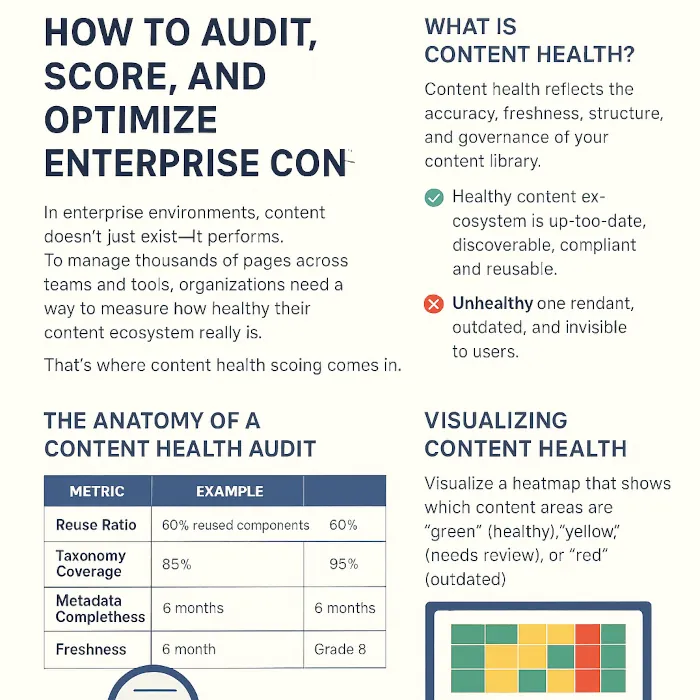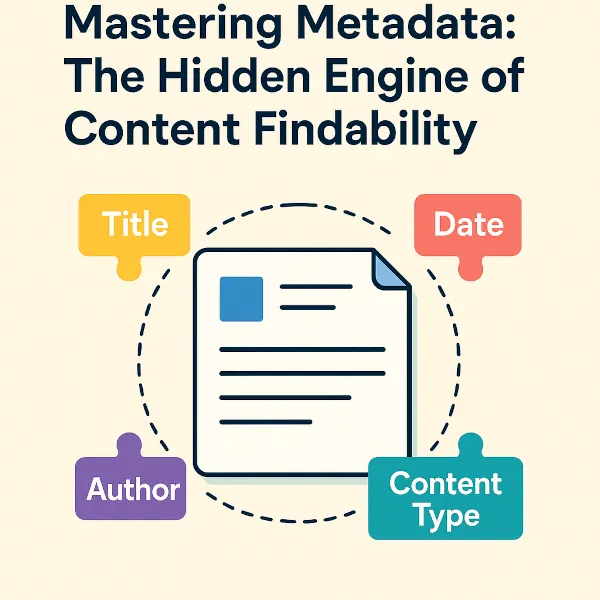The Evolution of Real Estate Through AI: A 2025 Perspective
As we navigate through 2025, the real estate industry is undergoing a transformative shift powered by artificial intelligence (AI). This isn’t just an incremental upgrade—AI is revolutionizing every facet of real estate, from property valuation to customer engagement. With an unprecedented surge in data availability and analytical prowess, AI has become indispensable for real estate professionals, investors, and consumers alike.
In this updated exploration, we’ll delve into key AI trends redefining real estate today. Additionally, highlight two to three powerful real-world use cases that demonstrate how these innovations are reshaping the landscape.
AI-Powered Property Recommendations
AI is radically changing the way buyers and renters discover their next home. Modern recommendation engines harness sophisticated algorithms to analyze user preferences, online behavior, and even subtle interactions. The advanced search agents generate personalized property suggestions. These systems consider a wide range of factors—from location and budget to style and community features—to deliver highly targeted listings.
For example, platforms like Zillow and Realtor.com now employ AI to track user interactions. Powerful interactive events such as saved listings, click patterns, and time spent on certain properties. This continuous learning process means that recommendations improve over time. As a result, a more streamlined and satisfying search experience for users.
Real-World Use Case:
In Los Angeles, a boutique real estate firm integrated an AI-powered recommendation engine that analyzes local neighborhood trends and buyer preferences. Thus, the firm reported a 30% reduction in time-to-sale! Additionally, the firm earned a 25% increase in client satisfaction. Hence, illustrating how tailored property suggestions can accelerate transactions and build lasting client relationships.
Predictive Market Analytics
Predictive market analytics has emerged as a game-changer in real estate decision-making. By leveraging machine learning models, professionals can analyze diverse datasets. This includes historical sales and economic indicators to social media sentiment—to forecast property values and market trends with remarkable precision.
This data-driven approach empowers investors to spot emerging markets, anticipate downturns, and optimize their portfolios. Tools used by platforms such as CoreLogic and Zillow now provide granular insights into local market dynamics. This empowers real estate professionals to craft more strategic investment and pricing strategies.
Real-World Use Case:
In Miami, an investment firm integrated AI-powered predictive analytics into its workflow. By analyzing real-time market data and local economic trends, the firm successfully predicted a surge in property values in up-and-coming neighborhoods. This insight allowed them to make timely investments, resulting in a 20% higher return on investment compared to traditional methods.
Automated Valuation Models (AVMs)
Automated Valuation Models (AVMs) utilize AI algorithms to deliver real-time, data-driven property valuations. By processing extensive datasets—including recent sales, property attributes, and local market trends—AVMs provide more accurate and timely assessments than traditional appraisal methods.
This rapid and precise valuation capability not only speeds up transactions but also reduces human error. Thus, enabling agents, investors, and lenders to make more informed decisions. Platforms like Redfin Estimate have refined these models to factor in both macroeconomic trends and hyperlocal data. This offers a more comprehensive view of property values.
AI-Driven Virtual Property Tours
Virtual property tours have taken a quantum leap forward with the infusion of AI. Advanced 3D imaging and virtual walkthroughs now allow prospective buyers to explore properties. From anywhere in the world. And offer detailed, immersive experiences that static photos simply cannot match.
Companies like Matterport and Zillow 3D Home leverage AI to automate image stitching, depth mapping, and real-time rendering, ensuring that every digital tour captures the essence of a property. This innovation not only broadens the market by engaging remote buyers but also provides agents with valuable analytics on user engagement, helping to fine-tune marketing strategies.
Smart Property Management Solutions
AI is also revolutionizing property management by automating routine tasks and enhancing tenant experiences. AI-driven platforms streamline processes such as tenant screening, predictive maintenance, and rent optimization. These smart systems analyze vast datasets—including rental history, credit scores, and maintenance logs—to provide actionable insights and proactive management solutions.
For instance, Zillow Rental Manager now uses AI to predict tenant behavior and optimize rent pricing, ensuring that property managers can reduce vacancies and enhance tenant retention. Predictive maintenance systems even alert managers to potential issues before they become costly repairs, significantly improving operational efficiency.
AI in Real Estate Marketing
In the realm of marketing, AI has become a powerhouse for creating targeted, personalized campaigns. By analyzing buyer data, behavior patterns, and market trends, AI platforms such as HubSpot and Marketo enable real estate professionals to tailor their messaging and content precisely. This results in higher engagement rates, better lead conversion, and ultimately, increased sales.
Moreover, AI-driven tools automate the creation of property descriptions and ad content, ensuring that listings are both search engine optimized and compelling. These efficiencies free up agents to focus on strategic marketing initiatives and client relationships, further solidifying their competitive edge.
Automated Transactions and Smart Contracts
The fusion of AI with blockchain technology is streamlining real estate transactions through automated processes and smart contracts. These self-executing agreements ensure that once predetermined conditions are met, contracts execute automatically—eliminating intermediaries, reducing the risk of fraud, and lowering transaction costs.
Platforms like Propy are leading the charge by integrating AI and blockchain to facilitate seamless property purchases. This approach not only accelerates the transaction process but also builds trust through a transparent and immutable ledger, marking a significant step forward in how real estate deals are conducted.
AI-Powered Sustainable Development

Sustainability is a critical focus in modern real estate development, and AI is at the forefront of this shift. Through advanced simulations and design analytics, AI helps architects and developers optimize energy efficiency, select sustainable materials, and minimize environmental impact.
For example, AI models can simulate various architectural designs to determine the optimal placement of windows for natural light, significantly reducing energy consumption. In smart city projects, AI-driven platforms are coordinating resource management to lower urban heat and improve living conditions, underscoring the pivotal role of AI in eco-friendly development.
Sentiment Analysis for Market Insights
Understanding consumer sentiment is crucial for tailoring both marketing strategies and investment decisions. AI-powered sentiment analysis tools employ natural language processing (NLP) to evaluate data from social media, reviews, and news articles, offering a clear picture of public perception around real estate trends and specific properties.
This analysis enables real estate firms to adjust their strategies in real time—emphasizing positive community aspects or addressing negative feedback proactively. By leveraging sentiment analysis, companies can better align their offerings with market expectations, ultimately driving more effective engagement and investment decisions.
AI-Powered Real Estate Chatbots
AI-driven chatbots are transforming customer service in real estate by providing instant, round-the-clock support. These digital assistants handle inquiries, schedule viewings, and even offer tailored property recommendations based on user input. By automating routine tasks, chatbots allow agents to concentrate on high-value interactions and negotiations.
Platforms like Zillow and Redfin have successfully deployed chatbots to enhance customer engagement and collect valuable data, which is then used to further refine service offerings and marketing strategies. This technology not only improves operational efficiency but also delivers a superior client experience, essential in today’s competitive market.
Conclusion: The Future of Real Estate with AI
The integration of AI into real estate is driving an unprecedented evolution in how properties are bought, sold, and managed. From personalized property recommendations and predictive market analytics to automated transactions and smart property management, AI is equipping real estate professionals with powerful tools to enhance decision-making and operational efficiency.
Real-world success stories—such as the Los Angeles firm reducing sales time by 30% with AI-powered recommendations and the Miami investment firm achieving a 20% higher ROI through predictive analytics—demonstrate the tangible benefits of these innovations. As AI continues to advance, its role in shaping a more efficient, transparent, and customer-centric real estate industry will only grow.
Embracing these transformative technologies is not just an option; it’s a necessity for any real estate professional looking to stay competitive in the dynamic landscape of 2025 and beyond. The future of real estate is here, and it is powered by AI.
Robert J. Villemure is a digital marketing, e-commerce, and web development expert with over 20 years of experience. As the founder of OptimizexAI, he helps businesses across healthcare, hospitality, higher education, and e-commerce harness AI to drive growth and innovation. Previously, he led large-scale SEO and digital initiatives at Barton Associates and Wynn Encore Boston Harbor, optimizing websites, boosting engagement, and managing multimillion-dollar digital campaigns. A graduate of the MIT Sloan + CSAIL AI program, Robert specializes in AI-driven marketing, predictive analytics, and technical SEO. Through OptimizexAI, he shares insights and strategies to make AI and digital transformation accessible for businesses of all sizes. Connect with him.



